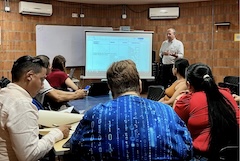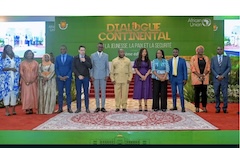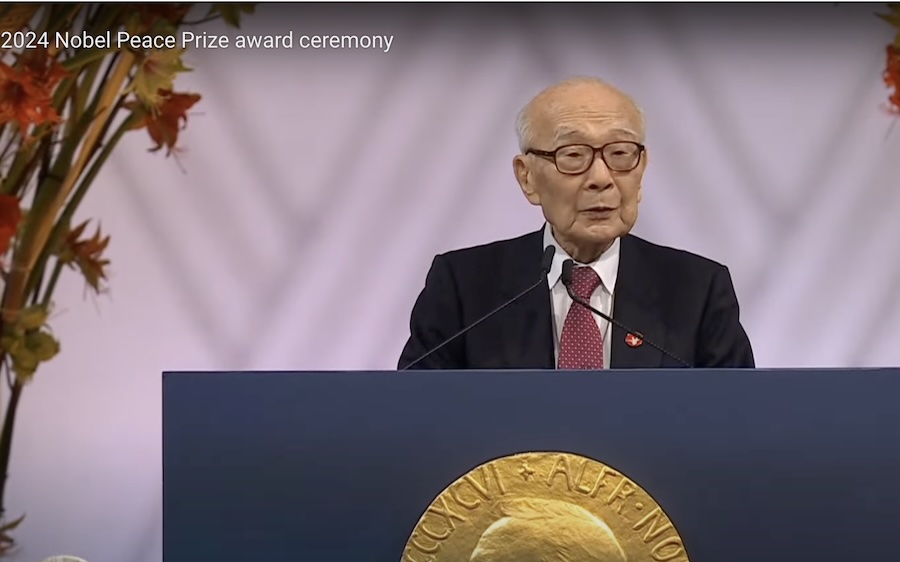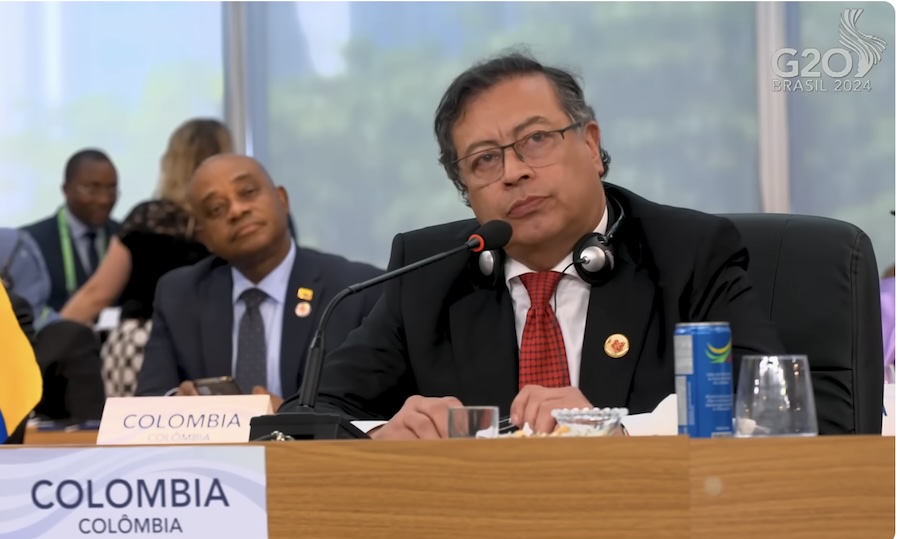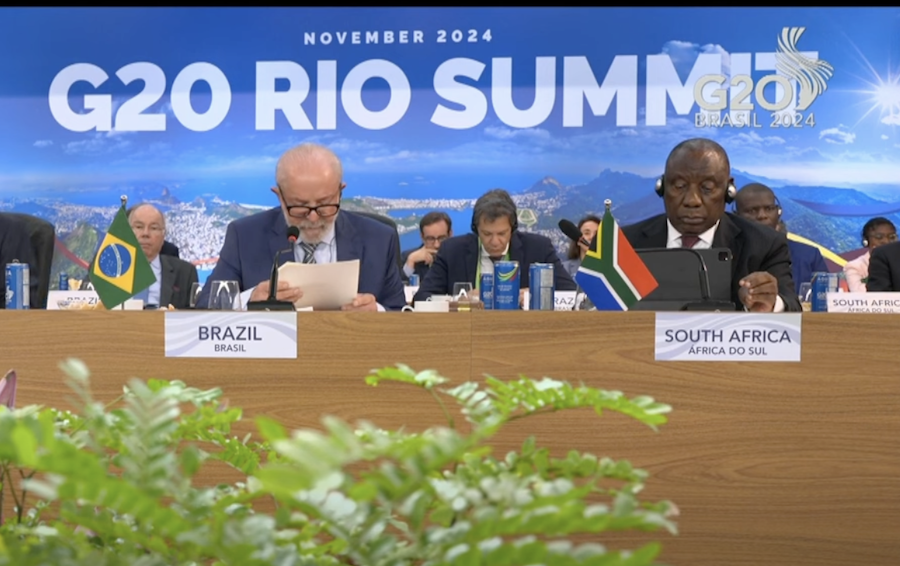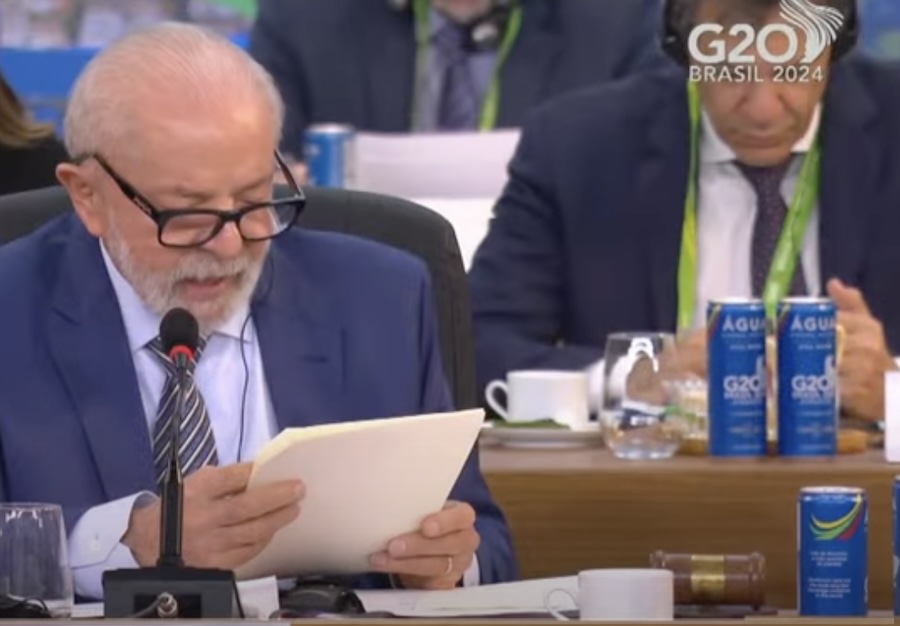FREE FLOW OF INFORMATION .
Special for CPNN by David Adams, CPNN coordinator
In the words of Margaret Mead, “”Never doubt that a small group of thoughtful committed individuals can change the world. In fact, it’s the only thing that ever has.”
I was privileged to know and work with Federico Mayor who was one of these “thoughtful committed individuals” who changed the world. He was nominated many times for the Nobel Peace Prize, and as Frederik Heffermehl wrote in his book, “The Real Nobel Prize”, he should have received it.
Here are some of my personal souvenirs of working with him.
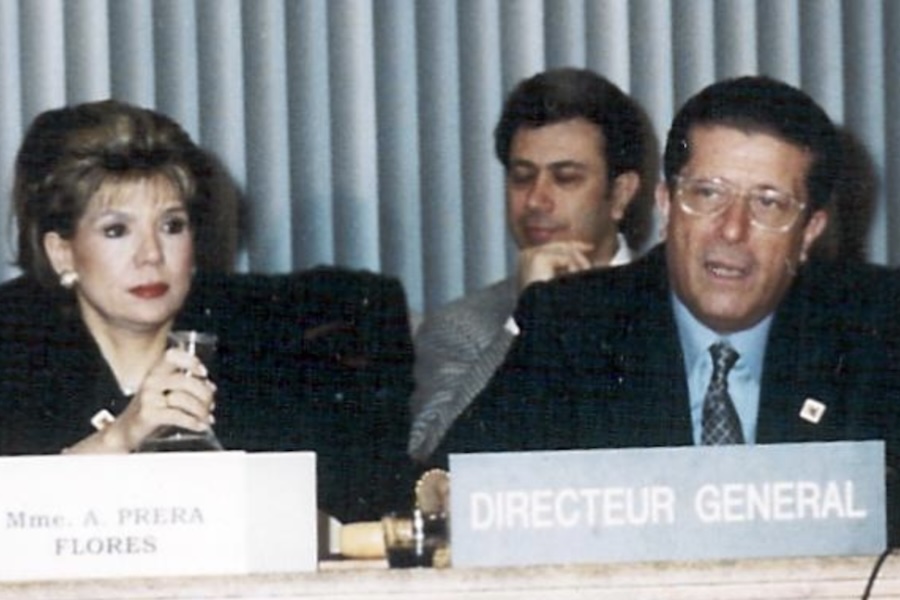
Mayor at the meeting of the Culture of Peace Advisory Group in February 1999, with Anaisabel Prera Flores (left) and Enzo Fazzino (behind)
In 1986, when I went to Seville to join scientists from around the world to discuss whether war is part of human nature, I was introduced to a scientist from Spain, Federico Mayor Zaragoza. I was told, “He is the John F Kennedy of Spain.” Like Kennedy, he was very handsome with deep blue eyes and black hair and very much a “ladies’man.” In addition to his university professorship, he was also involved with government administration, including having served as the Education Minister in the Spanish government.
Mayor signed the Seville Statement as a scientist.. In 1956 At the age of 22, he had obtained his doctorate in pharmacy and in 1966 at the age of 32, he had gone to work for two years as a researcher in the laboratory of Nobel laureate Hans Krebs in Oxford, best known to physiologists like myself for having discovered and described the Krebs cycle. This is the chemical reactions occurring in the mitochondria, by which almost all living cells produce energy. Krebs told him, “Don’t forget that research consists in seeing what anybody can see and in thinking what nobody has ever thought,” which Mayor said was an inspiration to him.
After Seville, when I undertook the dissemination of the Statement on Violence, Mayor was a big help. He wrote me in September of 1986: “0ur snowball is growing fast…If all the snowballs starting their way would have such strength, all the world would be covered with snow. I hope that we will succeed to cover it with peace.”
It was no accident that his words to me were poetic. Like me, he wrote poetry. Over the years we would exchange our poems. He sent me his published books of poetry, and I started my UNESCO mission reports to him with a poem. I remember once that he distributed one of these mission reports to the Executive Board of UNESCO over the objections of his chief of staff who complained, “I will not send a poem to the Executive Board!”
In 1987, Mayor was elected the Director-General of UNESCO. He had previously served at UNESCO in 1978-1981 as Deputy Director-General.
In 1988, responding to the invitation of Felix Houghouet-Boigny of Côte d’Ivoire to hold an international conference in Yamoussoukro on “Peace in the Minds of Men,” Mayor convened a team to plan the conference. He invited me to be part of this team in order to promote the Seville Statement on Violence. In fact, he put me as the first speaker in the conference to introduce it.
It was during the planning meetings for Yamoussoukro that I got to know Felipe MacGregor from Peru who introduced the concept of the culture of peace, which became the theme of the Conference.
Responding to the recommendations of Yamoussoukro in 1989, UNESCO formally adopted both the Seville Statement on Violence and the Culture of Peace as official policies. And in 1992, Mayor invited me to take my sabbatical from Wesleyan University to come to UNESCO to work for dissemination of the Seville Statement. The 47-page UNESCO brochure on the Statement is one of the fruits of that year.
1992 was the year that the UN Security Council adopted the proposal of Secretary-General Boutros Ghali, prepared at Yale University, to establish a UN military force that could be used by the Council to enforce its decisions. It proposed to establish on a permanent basis the Blue Helmets previously decided on a temporary basis to intervene after civil wars in countries like El Salvador and Mozambique
I was horrified by the the vision of a global tyranny that such a plan could bring about. The US had gained total control of the Security Council at that time due to the fall of the Soviet Union. At UNESCO, working with Georges Kutukdjian, who had led the planning for Yamoussoukro, I developed a proposal for a Culture of Peace Program that would bring peace through joint projects by former enemies rather than through the imposition of armed force.
On my birthday, May 13, 1992, Mayor invited me to have breakfast with him on the top floor of UNESCO headquarters. He was drinking milk to control an ulcer caused by the stress of his his job as Director-General. I presented the 3-page plan for a Culture of Peace Program, and he said simply, “We’ll do it.” “But”, he said, “it cannot be presented by you because the United States is not a member of UNESCO;” The US had withdrawn a few years earlier to protest UNESCO’s siupport for Palestine and UNESCO’s proposal to aid the Global South to develop their own news agencies. So, instead, Mayor sent me to Ahmed Sayyad, President of the Executive Board, who agreed to present the proposal. The Sayyad proposal was adopted by a standing ovation of the UNESCO Executive Board in November, 1992. Sayyad went on to devote his life to the culture of peace, including as the Assistant-Director General for External Relations.
In 1993, Mayor invited me to take a leave of absence from my university to come to Paris and to prepare the culture of peace program. Again, since the United States was not a member of UNESCO, I could not head up the program, but I should work under a new director. Mayor chose Leslie Atherley from Barbados to head the program along with Edouard Matoko from the Congo. The two of them had taken the courageous action to work for education in Iraq despite the war and the objections of the United States.
But I needed a post. My university had told me that if I did not return immediately, I would lose my job as professor. And by the rules of UNESCO they should not give a post to someone from a country that was not a member state. Years later, I was told by the staff member concerned, that Mayor told him to ignore the rules and to give me a post without going through the necessary procedures.
This was a quality of Federico Mayor that made him great, and that infuriated the rich Member States of UNESCO. Mayor did not follow the rules if they stood in the way of important policy decisions.
In 1993, Mayor was re-elected as Director-General of UNESCO. He concluded his acceptance speech with the following words: “From everything I have just said you will have gathered that I intend to devote myself personally, in the coming years, to the culture of peace, the peace of peoples and the peace of individuals, peace that is the prime condition for discharging our duties as men and women to the full, our mission as human beings.”
At UNESCO, Mayor personally lobbied to achieve more than 50 declarations for a culture of peace from important international bodies, as listed here. These, and many others, are also listed in Mayor’s own publication, “History of the Culture of Peace”, that he updated as recently as 2019.
(Article continued in the column on the right)
Questions related to this article:
How can we carry forward the work of the great peace and justice activists who went before us?
(Article continued from the column on the left)
In those years, under Mayor’s leadership, at the Culture of Peace Program, we established national culture of peace programs, beginning with El Salvador and Mozambique and including later, a national program in the Russian Federation.
On a few occasions Mayor and I published together. The first was in 1993 with the article, “How Psychology Can Contribute to a Culture of Peace” that was given the place of honor as the first article in a new journal, Peace and Conflict Journal of Peace Psychology, appearing only under his name. This article was my way of explaining to Mayor, (and to the journal’s audience, how the approach of the Culture of Peace Program was based on the findings of the Robbers Cave experiment of the psychologist Muzafer Sherif. This was the principle of cross-conflict participation which we used in El Salvador and Mozambique, getting the former enemies to work for peace by planning together projects of social projects.
Unfortunately, rich member states of UNESCO refused Mayor’s request to fund the 50 or so projects drafted by the former enemies in El Salvador and Mozambique. The one exception, a project for rural women in El Salvador, funded by the German Development Agency, was a great success, proving that the method was successful. If the other projects had been funded, we can imagine that El Salvador and Mozambique could have escaped from the culture of war which has once again descended upon them. And perhaps the rest of the world would have turned away from its domination by the military-industrial complex.
The opposition to Mayor’s work for the culture of peace by of the rich Member States and their military-industrial complex would only increase over the years.
The failure of our national programs led to conflict in our unit at headquarters. I took the position that the approach of national programs had failed and that we should turn to working primarily with the civil society by establishing a news network for their actions that promoted a culture of peace. The rest of the unit disagreed. Like the rest of the United Nations founded on a military model in 1945, UNESCO has no effective means for conflict resolution within the organization. Unlike many large corporations, that have come to establish conflict resolution methods, the UN and UNESCO have resisted reform. In our case, we tried to resolve our conflict with the use of outside mediators. When this failed, I went personally to Mayor, breaking the old military rules of UNESCO by going over the head of my director, and I told him that I could no longer work in the organization.
Mayor’s response was to ask me to be patient and he would give me a new responsibility. First, using funds gained by the return of the UK to UNESCO, he gave me resources for contracts for a culture of peace news network in the six languages of the organization. Then, a few months later he put me in charge of a new unit to manage the International Year for the Culture of Peace (IYCP) that had been voted by the UN in New York.
The contracts for a culture of peace news network were awarded, but without exception, they eventually failed. After leaving UNESCO, I carried on the work without any money.
But the International Year for the Culture of Peace was a success, thanks to Mayor’s support including two of his management decisions. He put Anaisabel Prera Flores in charge of mobilizing the sectors of UNESCO, and assigned Enzo Fazzino to work with me in the IYCP unit. I took on the task of preparing, along with Sema Tanguiane, the Declaration and Programme of Action on a Culture of Peace that was eventually adopted by the UN General Assembly. And Enzo took charge of the Manifesto 2000 that translated the UN resolution into everyday language by which individuals could sign and promise to promote a culture of peace in their everyday lives. Thanks to the engagement of UNESCO’s global network of national and civil-society organizations, the Manifesto 2000 was signed by 75 million people, including more than a million in India, Nepal, Colombia, Brazil, Korea and Japan. The first 700,000 signatures came from Algeria where it was sung from the mosques and distributed on the streets by the Scout Movement.
The success of the IYCP was achieved despite the fact that our attempts with Mayor’s help to raise funds were not supported by the rich Member States or by the UN foundation. To support our efforts, Mayor diverted funds from the budgets of pet projects of Member States at UNESCO. This did not make us popular with our colleagues, and it increased Mayor’s conflict with these states.
Mayor’s tenure ended at UNESCO in 1999, so he was no longer the Director-General of UNESCO when the IYCP achieved its full success. Instead, he founded a Culture of Peace Foundation in Spain.
Without Mayor’s leadership, the work of the culture of peace at UNESCO came to a halt. The organization did little to support the International Decade for a Culture of Peace that had been voted by the UN for 2001-2010.
But Mayor did not stop. He obtained funding from Catalonia and hired me and a team of youth to mobilize support for the Culture of Peace Decade in the civil society. This was successful for almost a thousand civil society organizations, as shown in the reports that we prepared in 2005 and 2010.
The member states of the UN failed to publish our reports, despite effective face-to-face lobbying by teams of youth in 2005 and 2006, so Mayor published the 2010 report as a glossy brochure, and we distributed the copies by hand to UN delegates attending the General Assembly meeting about the Decade.
During the Decade, Mayor was named to head up the new United Nations initiative for an Alliance of Civilizations. In this capacity, he once again hired me and our team of youth, to contact youth organizations around the world and ask them what kind of support they needed to promote a culture of peace. In 2006, we published our report based on responses from 475 organizations in 125 countries, and this became the basis for the Alliance youth program which continues to the present day.
After the Decade, Mayor was frustrated by lack of financial support for the culture of peace work of his foundation. At one point, he flew me from the US to discuss this, but he was so frustrated that he spent our half-hour appointment on the telephone with someone else, and I went back to the States with no new project possible.
Had Mayor received the Nobel Peace Prize, as mentioned above, no doubt he would have received the financial support that was needed to further develop the culture of peace.
But we still live in an era when there is no financial support for peace, only for war. Will this ever change?
In his “History of the Culture of Peace“, Mayor leaves us with hope, like the inspiration that he had with Hans Krebs:
“And there lies our faith, because all living beings are predictable and measurable, with the sole exception of the human being. And the fact is that all of us have an exclusive and wonderful ability, which is the ability to create. For this reason, the human being is unpredictable and immeasurable, always capable of the unexpected. The human being is not predestined; he is free and the master of his own destiny. This is the great hope of humanity: in times of greatest tension and crisis, the humans are capable of bringing out the best of themselves.”
“Yes, peace is possible. It is possible to transform an economy of war into an economy of generalised development, in which investments are reduced in arms and increased in new sources of renewable energy; in the production of food and water; in health; in the protection of the environment; in eco-friendly housing; in electric transport; in education… The human race is capable of inventing its own future.”
– – – – – –
If you wish to make a comment on this article, you may write to coordinator@cpnn-world.org with the title “Comment on (name of article)” and we will put your comment on line. Because of the flood of spam, we have discontinued the direct application of comments.






